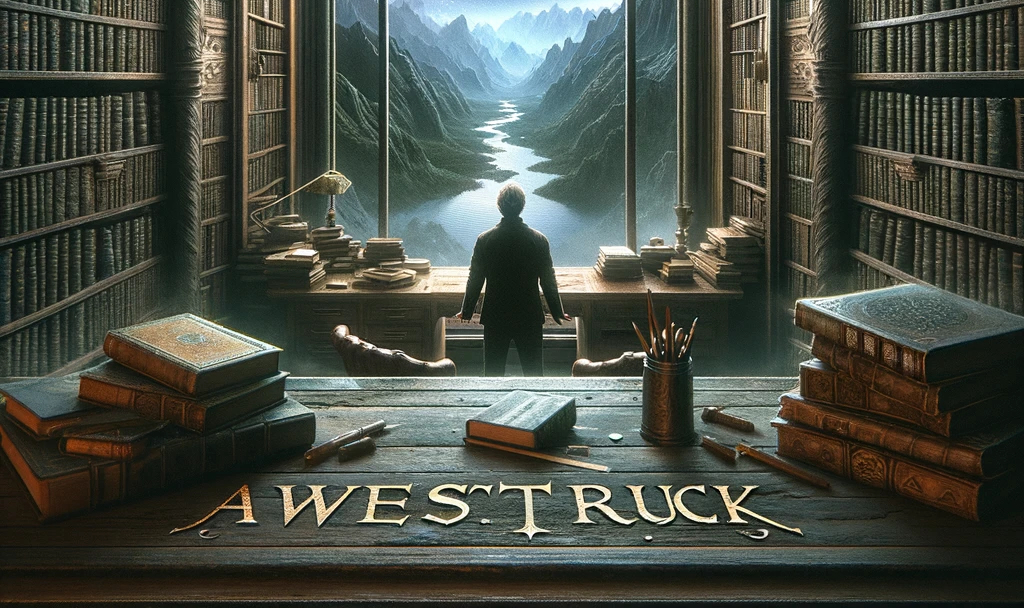Heaven doth with us as we with torches do, not light them for themselves; for if our virtues did not go forth of us, ’twere all alike as if we had them not.William Shakespeare
Such words capture the essence of a latent power within us, awaiting the spark of purpose to ignite.
From our first breath, we are cradled in potential, but our world orbits around primal needs, each cry a beacon of dependence. Yet, as the veil of infancy lifts, the tender choreography of growth and guidance train us to wield the sword of power. And once trained, we are free to choose how to fulfill our potential.
The easiest path, perhaps, is to mold power to the whims of desire, where the ego eschonces itself as the unyielding center, its gravitational force gripping all it covets.
As we grow older, the spectrum of power broadens—intellectual, political, social, occupational, extending its tendrils into the vast garden of human endeavor. And with every strand of authority entwined around it, there emerges a dichotomy of choice—will we use our power be a vessel of selfish craving or a conduit of collective good?
The news often paints a grim tapestry of power misused—a teacher betraying trust, a politician trading integrity for gold, a city council weaving webs of defamation, a police badge morphing into a shroud of fear, a shepherd fleecing his flock.
Yet, amidst this gloom, rays of hope pierce through— a policewoman’s badge shining as a shield of protection and service, a school principal crafting a haven of learning and respect, a city council sowing seeds of prosperity, a politician being the voice of the voiceless, a pastor trading earthly gold for the treasure of service.
In this grand theatre, the power of choice orchestrates every act. It’s the silent custodian of all other powers, holding the potential to either plunge us into an abyss of self-indulgence or elevate us to beacons of hope amid the encroaching shadows. The path we tread in wielding this primal power echoes the essence of today’s passage—the reverence of recognizing a power beyond ourselves, an authority rooted in the heart of divine love.
Source Scripture
Connect
Twitter: @AwestruckPod
Email: info@awestruckpodcast.com
Extras
When you think of the word work, what comes to mind? For most of us, it is the time and effort required to accomplish a goal. The energy required to move an object over a distance. The physical exertion, unwanted but endured, to obtain reward.
Cast in this light, work becomes something to avoid. Escape. Evade. True happiness, we begin to believe, comes only when work is absent and leisure is present. Paradise and work become mutually exclusive.
And yet, if we go back to the beginning of time, the divine God of the Universe engaged in work to create the earth. To create mankind. To create the Garden of Eden – paradise itself. And he placed man in the garden to work it – to continue the divine act of creation by cultivating the garden to produce fruit.
God rested on the seventh day from his work of creating paradise. He rested because his work was good. Complete. Perfect.
One thing was missing, though. Adam was alone, and God said, “It is not good for man to be alone.” So he caused Adam to fall into a deep sleep – to rest from his work – while God continued to work one more time in creating Eve. Only then was paradise complete.
Adam and Eve then began life in paradise with the work of tending the garden. They worked during the day, and they walked with their creator in the cool of the evening.
Work and paradise coexisted in harmony. Work, it seems, is divine.
Until that fateful day when the serpent interrupted their work. When he slithered around the trunk of the Tree of Knowledge of Good and Evil and convinced Adam and Eve that they should ignore God’s warning and sample its fruit for themselves.
And in that moment, when Adam & Eve stopped working the garden to entertain the idea that they knew better than God and could take action contrary to his desires and direction, paradise was lost.
And so we arrive at today, where we live under the shadow of the serpent coiled around the trunk of the Tree of Knowledge of Good and Evil, gloating over us as we work under the curse of thorns and sweat and toil.
And yet, where there is a shadow, there is light. The divine God of creation is not done with his work. He is at it again. He is creating. He is re-creating. He is restoring paradise.
How, you ask? Let’s find out.
Source Scripture
Good Work! John 5:17-18
Connect
Twitter: @AwestruckPod
Email: info@awestruckpodcast.com
Extras

